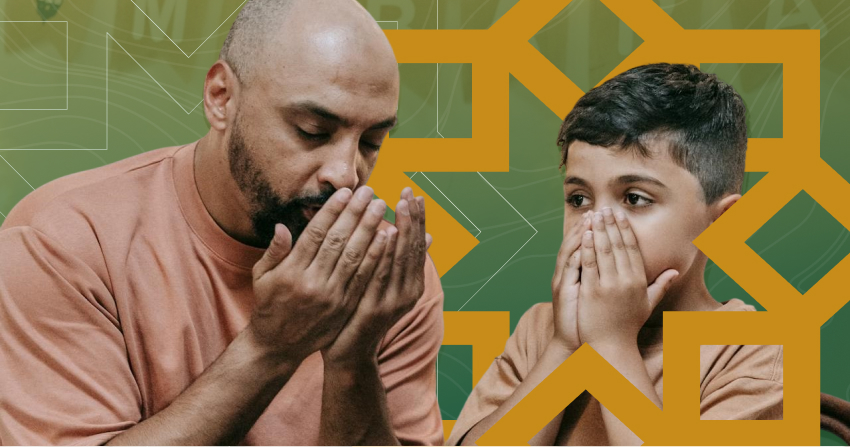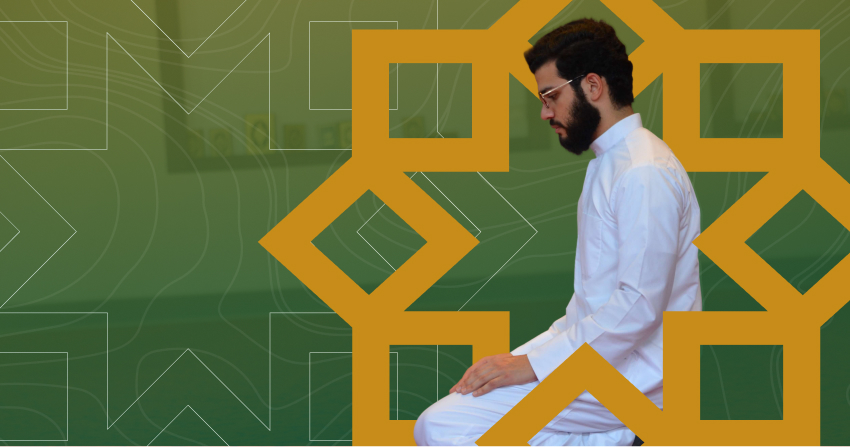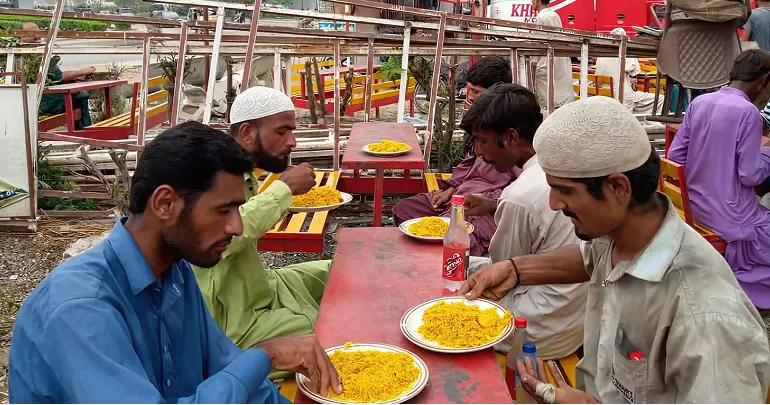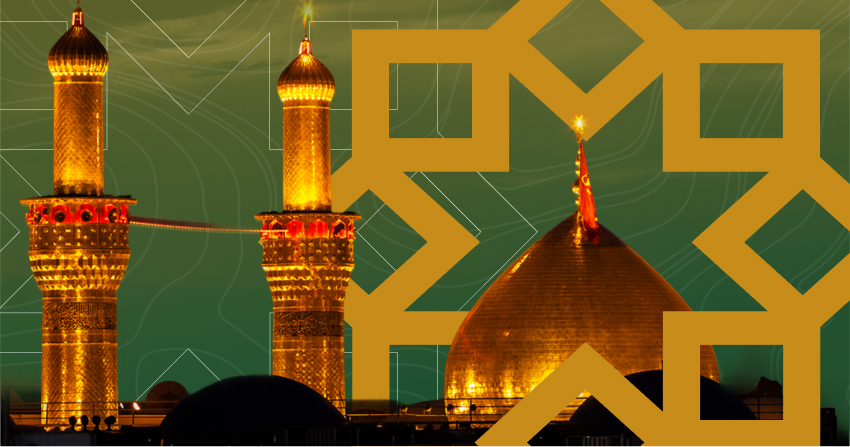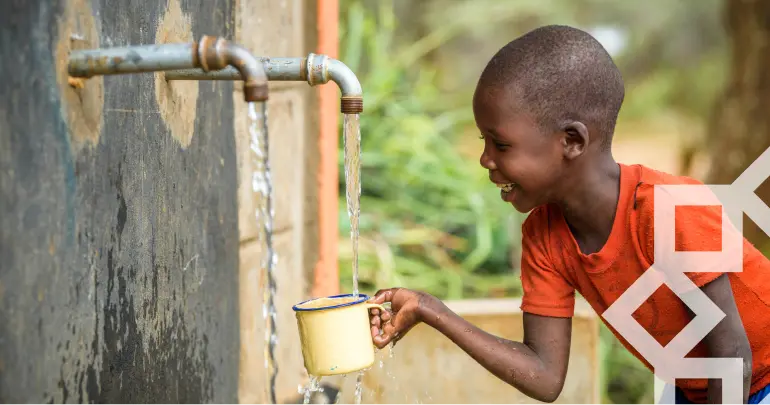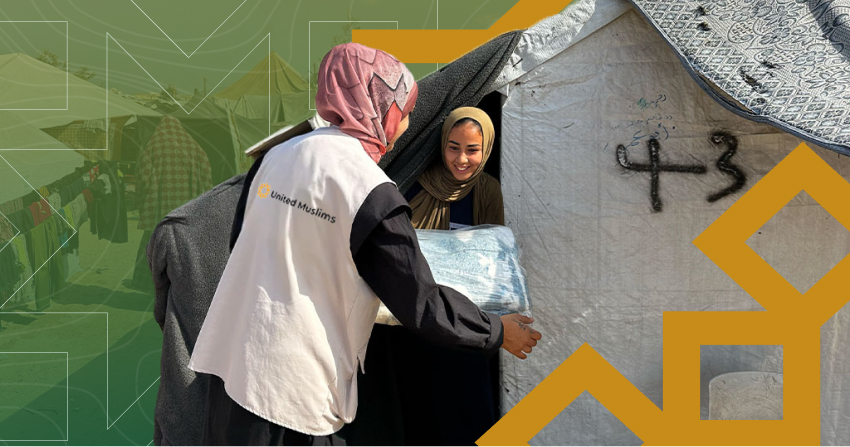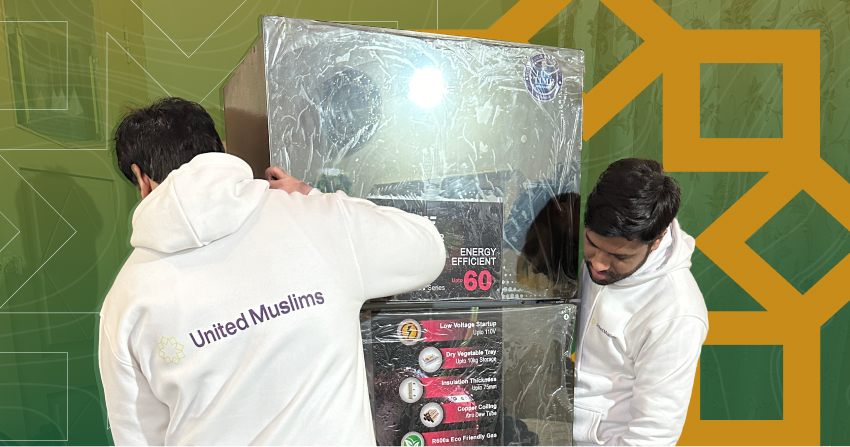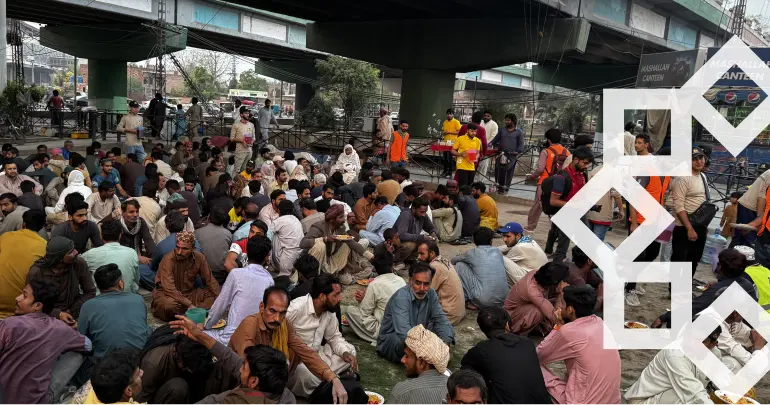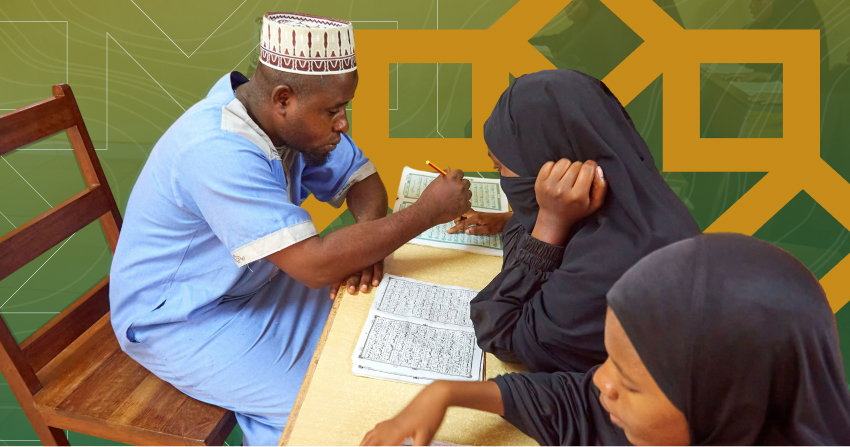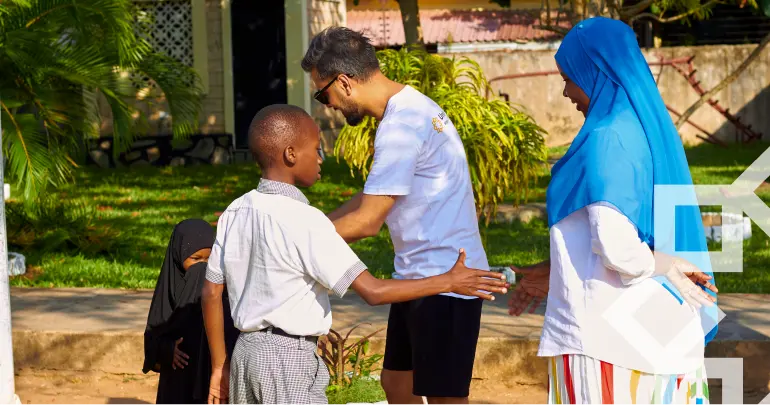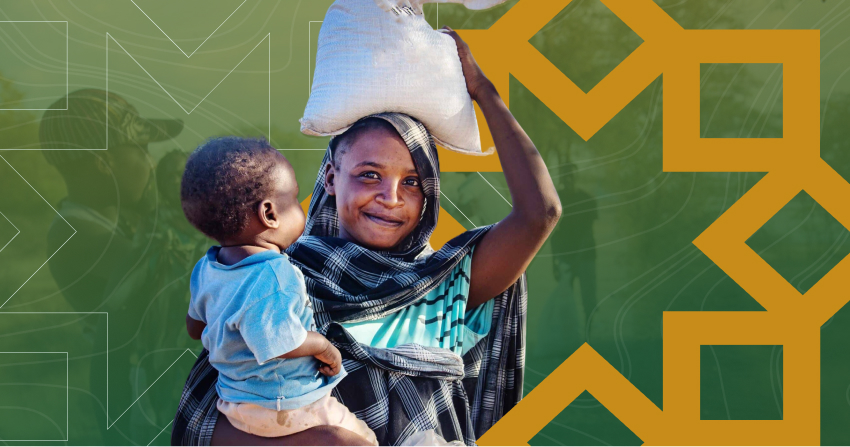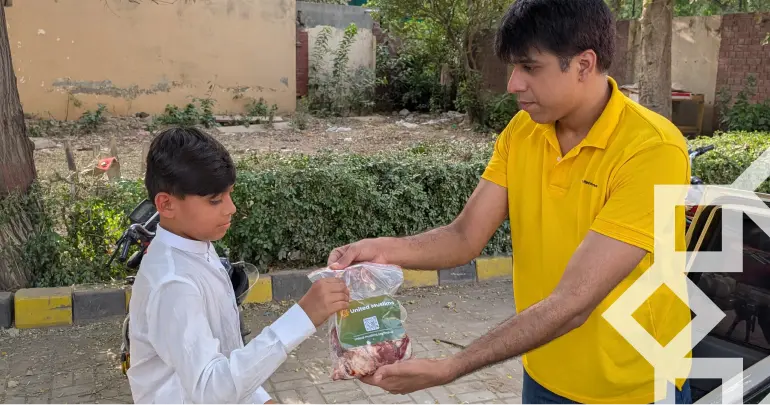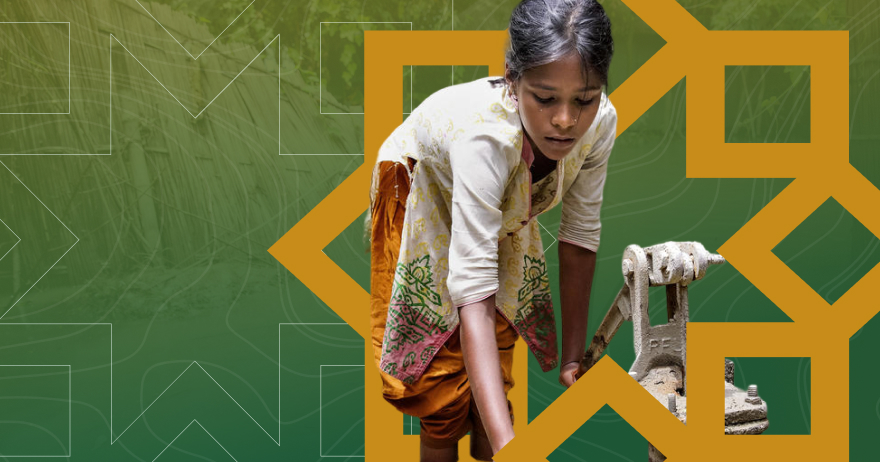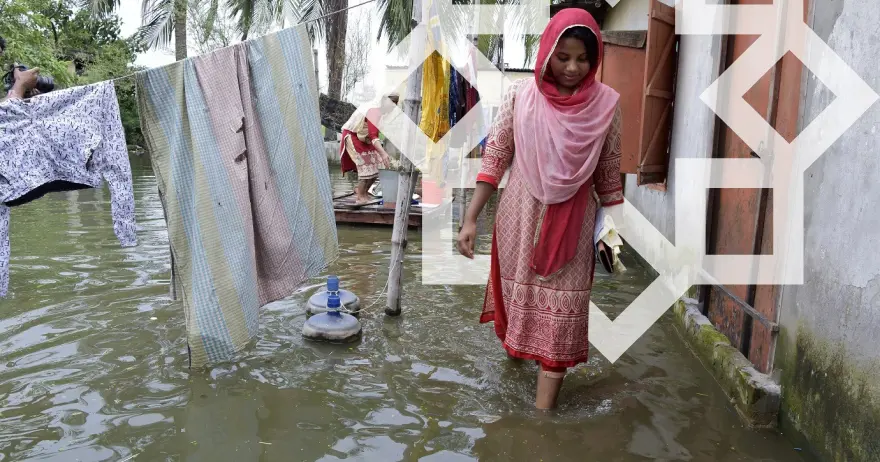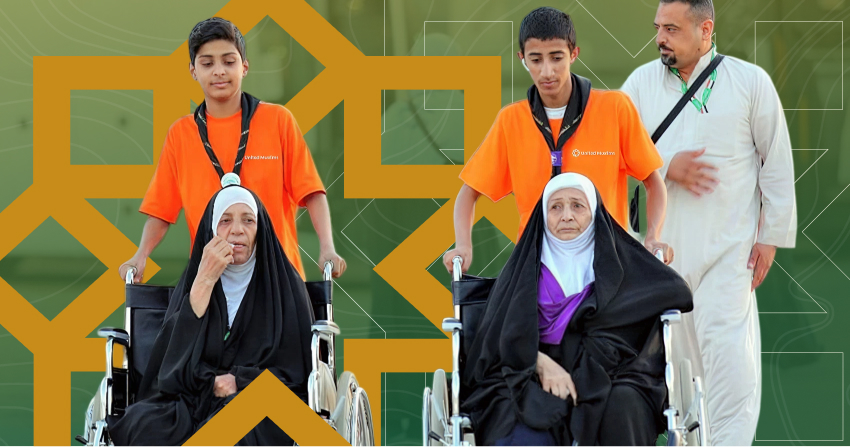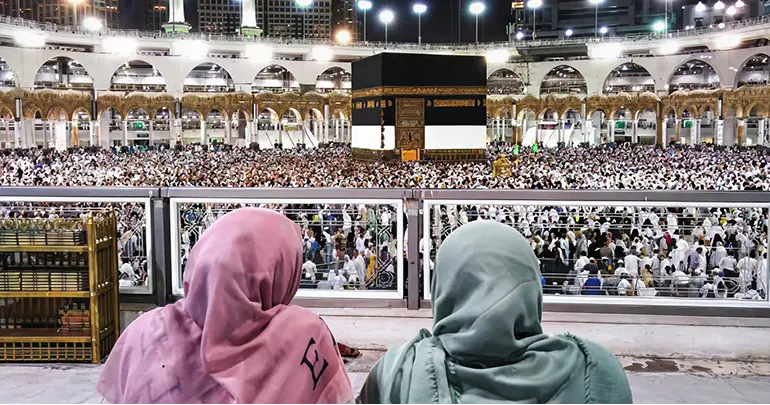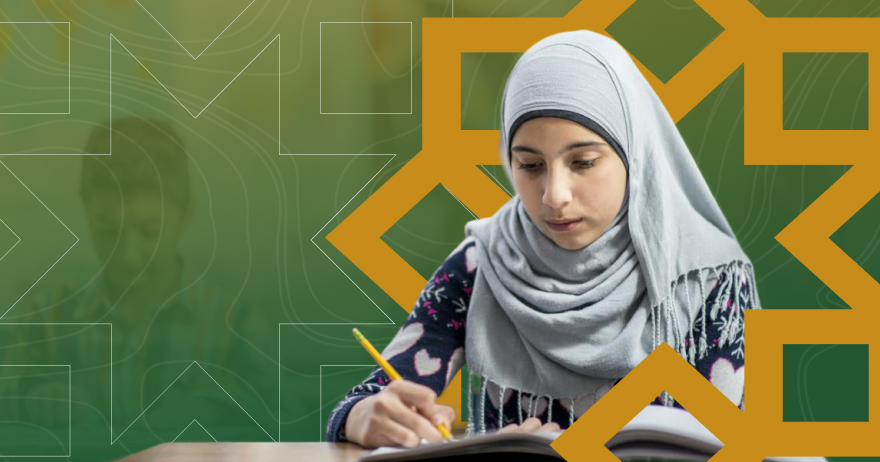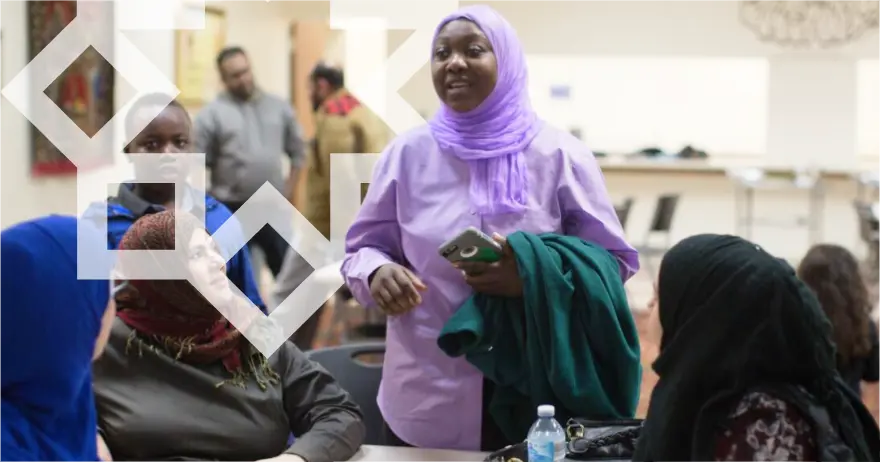How Muslims Around the World Observe Muharram
Muharram 1447 AH began on the evening of Friday, 27 June 2025, depending on the sighting of the moon. As the first month of the Islamic year, it holds a special place in the hearts of Muslims across the world.
Marking the beginning of the Hijri New Year, it is more than just a change in date; it is a time for stillness, reflection, and spiritual renewal. Across the world, Muslims are embracing this sacred period with prayer, fasting and acts of compassion.
With calm evenings and a thoughtful atmosphere, the month invites us to slow down. Whether through worship, supporting good causes, or showing care for others, Muharram sets the tone for a year grounded in mercy and meaning.
Fasting and Faith: The Day of Ashura
One of the most cherished practices in Muharram is fasting on the 10th day, known as Ashura. The Prophet Muhammad (peace be upon him) said:
“The best month for observing Saum (fasting) after Ramadan is Muharram,..” (Sahih Muslim)
Many choose to fast on this day, and some also fast on the 9th or 11th to follow the Sunnah more closely. This simple act carries deep spiritual value and is believed to bring forgiveness for the past year’s sins.
Around the world, imams and elders often use Friday sermons and family gatherings to encourage this Sunnah, reminding communities of the day’s blessings and inviting reflection.
Click here for a full guide on its meaning, rewards, and how it’s observed.
Donate your zakat
Fulfil your obligation today – give Zakat and be a source of hope for those in need!
Charity and Community: Giving at the Start of the Year
For Muslims, Muharram is not just the start of a new year; it is an opportunity to give with purpose. Whether through Zakat, Sadaqah, or long-term support like Sadaqah Jariyah, acts of charity during this time carry immense reward.
As mentioned in the Quran:
“But whatever charity you give, ˹only˺ seeking the pleasure of Allah—it is they whose reward will be multiplied.” — Surah Ar-Rum (30:39)
Muslims are known for their generosity, both at home and abroad. From donating to Palestine appeals or clean water projects, to supporting orphans, widows, or local food banks, there are so many ways to lend a helping hand.
Families often involve children by preparing meals, giving pocket money for charity, or donating food. Using the Zakat Calculator by United Muslims also helps many plan their giving early and with clarity.
Let your contribution this Muharram bring comfort to others and barakah into your life.
Start the year with a giving heart. Donate today and help bring comfort and hope to someone in need.
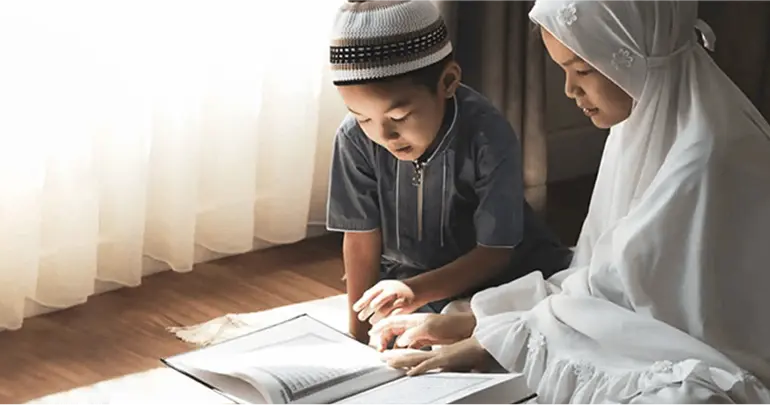
Explore our in-depth article to learn why this is such a blessed time to give.
Strengthening Bonds: Community Engagement
Muharram is a time that brings people together spiritually and socially. Mosques and Islamic centres across the UK host:
- Community gatherings and inspirational talks
- Online webinars and podcasts reflecting on the legacy of Karbala
- Youth workshops on Islamic values and justice
- Food drives and donation campaigns
Events are often family-friendly and multilingual to make them inclusive for all. It is a time when shared values and collective action take the spotlight.
Teaching the Next Generation
Families also use Muharram to instil Islamic values in children. Through meaningful activities such as:
- Creating charity boxes
- Keeping a dua journal
- Learning stories of the Prophets
- Preparing food for the neighbour
Children begin to understand compassion, sacrifice, and the importance of helping others in a way that is engaging and heartfelt.
Bringing hope through small acts of kindness—a meal, a helping hand, or a gift can light up a child’s day.
Final Reflections: A Meaningful Muharram
From homes to mosques and community halls, Muslims honour Muharram with sincerity and service. Some gather for Quran circles, others pack food parcels or volunteer with local charities. All are united by faith and the desire to do good.
It is a moment to reconnect with Allah, with loved ones, and with our principles. Whether you are offering Zakat, sharing a meal, or speaking a kind word, let it come from the heart.
“The example of those who spend their wealth in the cause of Allah is that of a grain that sprouts into seven ears, each bearing one hundred grains.” — Surah Al-Baqarah (2:261)
A single act of charity can blossom into countless blessings. As this sacred month continues, may our actions be driven by faith, rooted in kindness, and leave a lasting impact.
